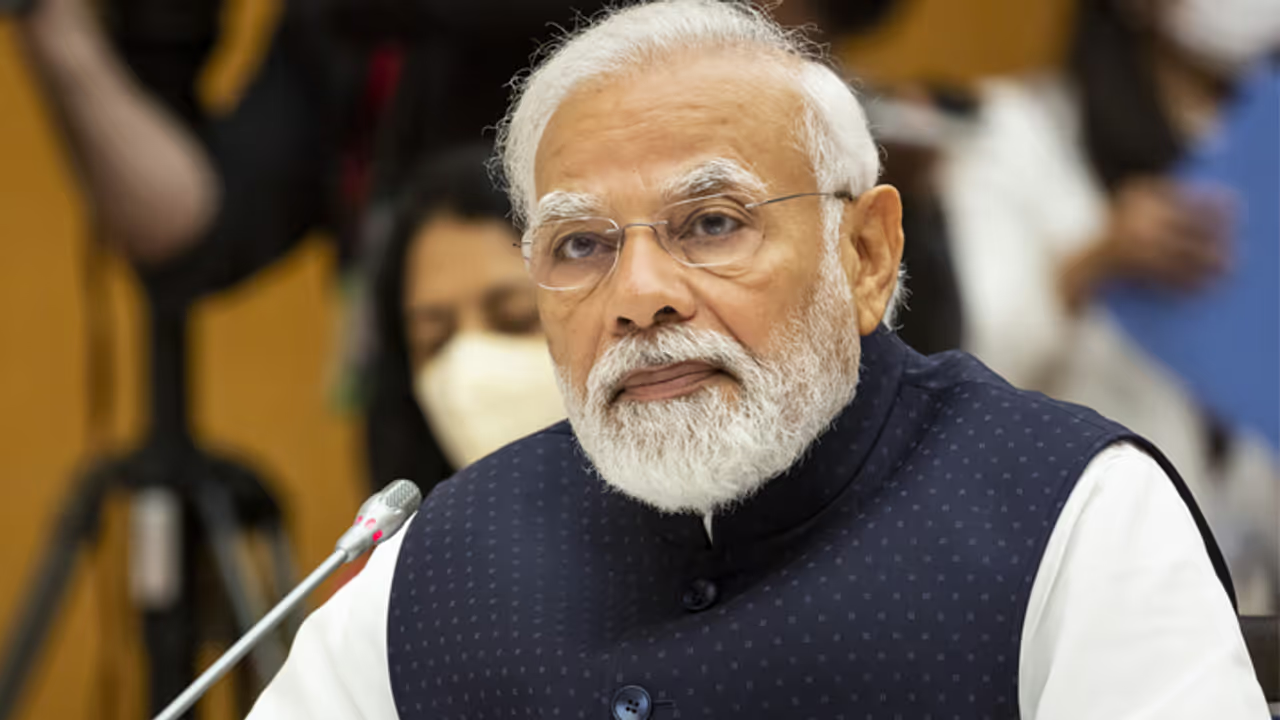PM Modi has consistently accused the Opposition of practicing the politics of corruption, perpetuating dynastic politics, and pursuing appeasement policies. He has called upon the populace to reject these approaches and embrace a new era of politics.
Reflecting on the historic Quit India movement, initiated by Mahatma Gandhi, Prime Minister Narendra Modi on Wednesday (August 9) said that modern-day India stands united in its resolute stance against corruption, dynastic politics, and appeasement strategies. The Prime Minister's comments were implicitly directed towards the Opposition, as the ruling Bharatiya Janata Party (BJP) orchestrated nationwide events on this theme.

In a tweet paying homage to the participants of the Quit India Movement, PM Modi underscored its pivotal role in liberating India from colonial subjugation. He stated, "Tributes to the greats who took part in the Quit India Movement. Under the leadership of Gandhi Ji, this Movement played a major role in freeing India from colonial rule."
Mumbai: Mahatma Gandhi's great grandson Tushar Gandhi detained while commemorating Quit India Day
Expanding his message, the Prime Minister articulated the contemporary sentiment of the nation. He asserted, "Today, India is saying in one voice: Corruption Quit India. Dynasty Quit India. Appeasement Quit India." This statement can be interpreted as a veiled criticism aimed at the Opposition parties, implying that they are associated with corruption, dynastic succession, and the strategy of appeasing specific groups.
Monsoon Session: 6 Bills up for consideration, approval in Rajya Sabha; check details
PM Modi has consistently accused the Opposition of practicing the politics of corruption, perpetuating dynastic politics, and pursuing appeasement policies. He has called upon the populace to reject these approaches and embrace a new era of politics that he promotes as transparent, merit-based, and focused on the welfare of the entire nation.
The Prime Minister's address on Quit India Day serves as a reminder of the historical struggle against British colonialism while also drawing attention to the current sociopolitical landscape in India. As the country commemorates its past, it also reasserts its collective commitment to a governance devoid of corruption, dynastic tendencies, and divisive appeasement strategies.
